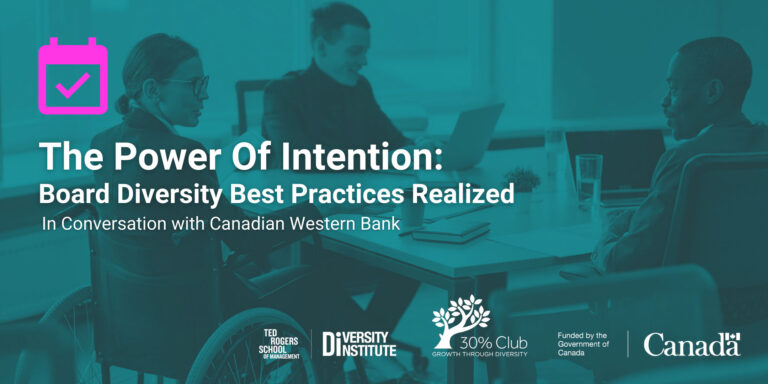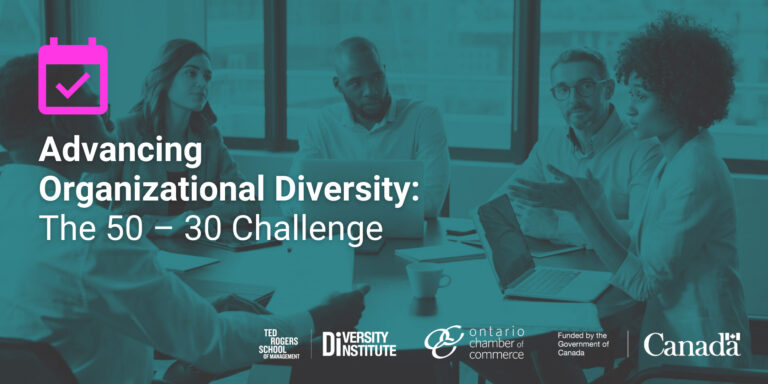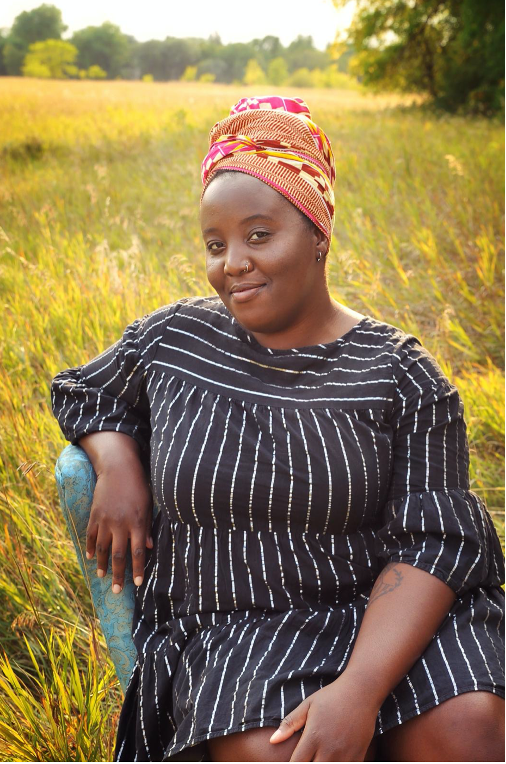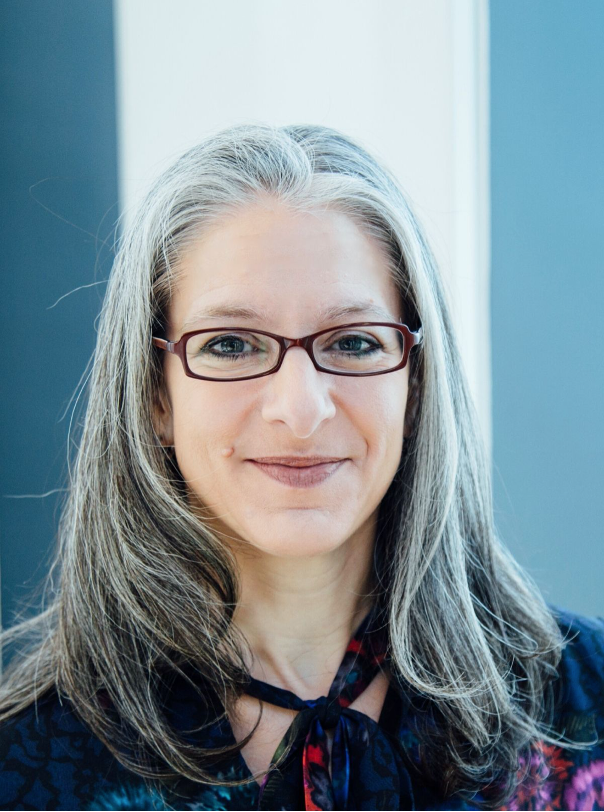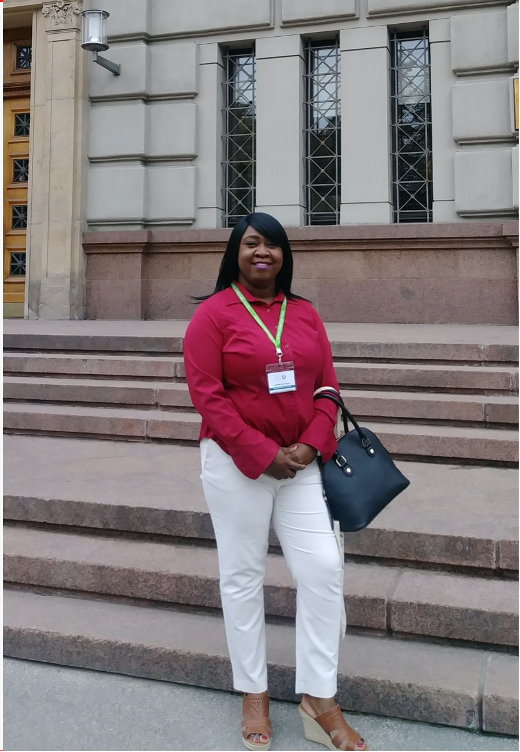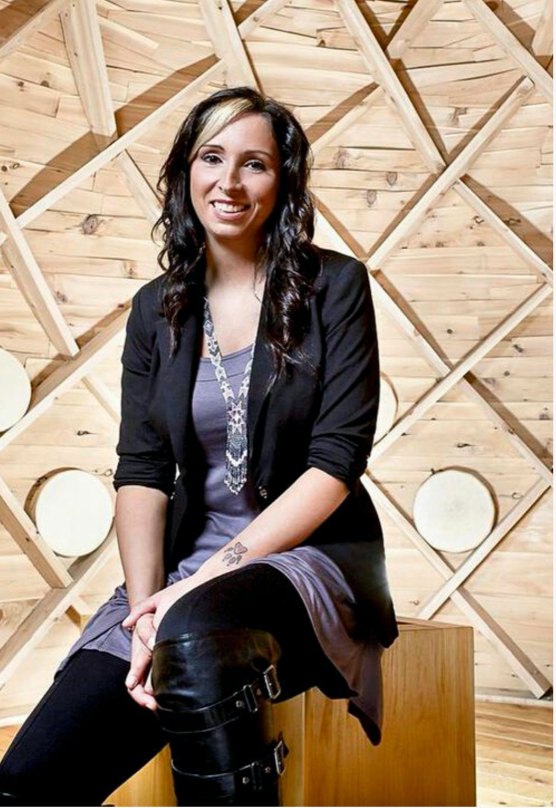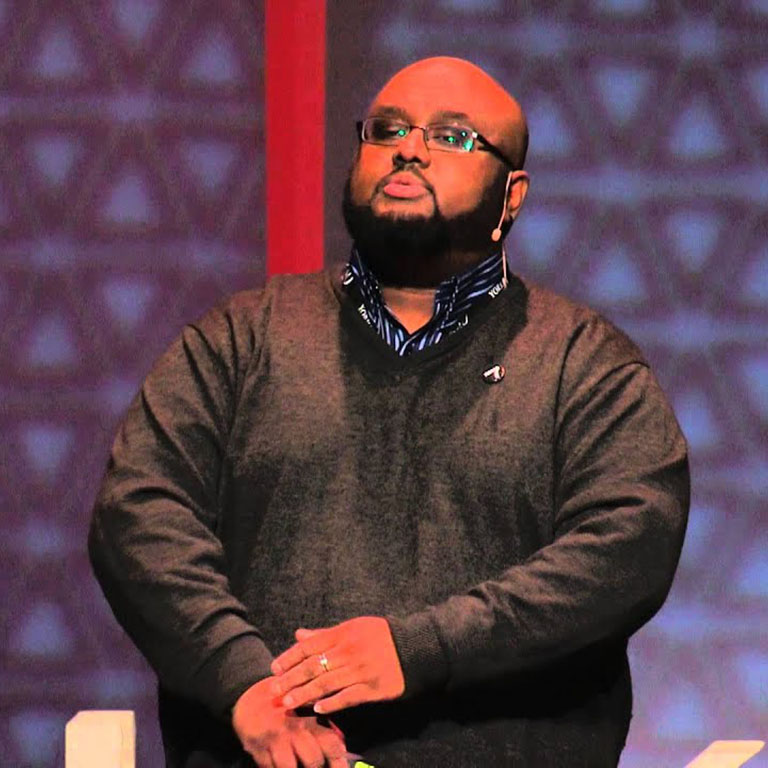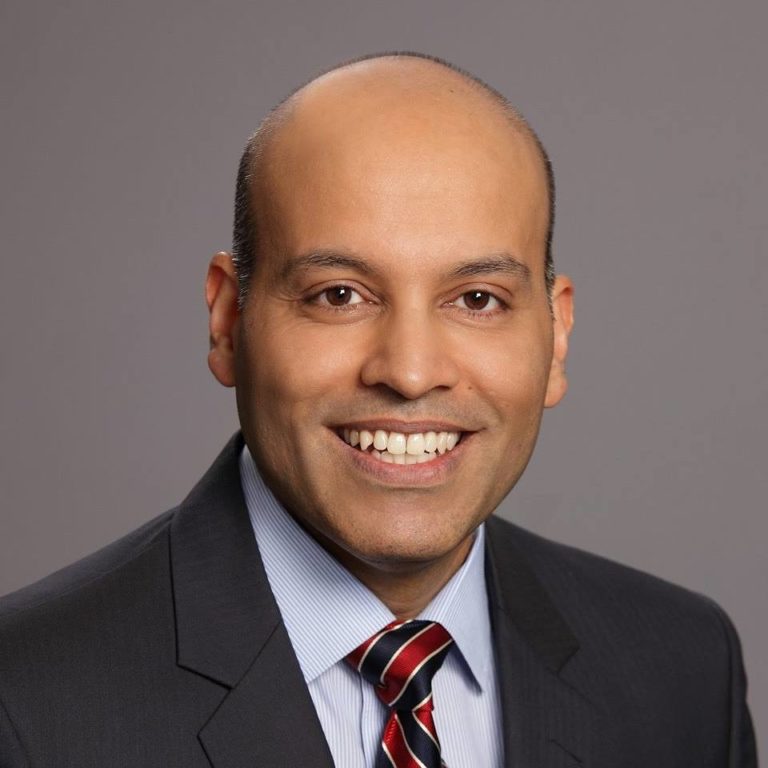While progress has been made, women continue to face stereotypes, discrimination and bias at work that contribute to gaps in employment, wages and leadership positions
Experts on equity, diversity and inclusion (EDI) in the workplace highlighted the barriers and opportunities facing women in the workplace for governance professionals across the country during a webinar hosted by the Diversity Institute (DI) and the Governance Professionals of Canada on Mar. 7, 2023 in celebration of International Women’s Day.
“Every International Women’s Day we have an opportunity to reflect on how far we’ve come and how far we have left to go,” said Wendy Cukier, founder and academic director of the Diversity Institute (DI), who led with a recap of DI research. While the wage gap is narrowing, women earn, on average, 87% of what men earn, Cukier said. That gap increases for racialized women (67%), Indigenous women (65%) and women with disabilities (54%).
Research conducted by DI shows that women remain underrepresented in board positions and in senior leadership—particularly in the corporate sector. The underrepresentation is even greater for racialized women. In the GTA, where one-half of the population is racialized, Cukier said white women outnumber racialized women 12:1 on corporate boards.
Cukier emphasized the importance of closing these gaps as a way to address some of the other barriers facing women at work, including gender-based discrimination, stereotyping and microaggressions.
‘When we think about boards, when we think about leadership, it signals who belongs,” Cukier said. “It shapes aspirations as well as stereotypes.”
Organizations can play a significant role in advancing a more diverse and inclusive workforce while breaking down the barriers facing women at work, Cukier said. One way to do that is by joining the 50 – 30 Challenge, external link and striving towards gender parity (50% women and non-binary people) and increased diversity (30% other equity-deserving groups) on boards and/or in senior leadership roles. As an ecosystem partner in the 50 – 30 Challenge, DI has developed a host of tools and resources to help organizations along their EDI journey, including The Micropedia of Microaggressions, external link (external link) and the What Works Toolkit, external link.
“We really need to recognize that organizations are part of an ecosystem. They are affected by societal forces but they could also change them,” Cukier said.
Jennifer Laidlaw, country head of the 30% Club Canada, led panelists in a discussion that delved further into the barriers facing women at work and strategies to address them. The discussion included Julie Cafley, executive director of Catalyst Canada; Rumeet Billan, CEO and owner of Women of Influence+; and Nadine Spencer, CEO of BrandEQ and the Black Business and Professional Association. Cukier outlined the status of women in the workplace and how organizations can address the underrepresentation of women—particularly those from other equity-deserving groups—in leadership.
“Good intentions are no longer enough.” – Julie Cafley, Executive Director of Catalyst Canada
As part of her work with Catalyst, Cafley has seen organizations placing EDI efforts at the center of their strategy. Yet research shows that 51% of racialized women have experienced racism at work, Cafley said. That number increases for women with darker skin tones, she added.
“If you want to see change, good intentions are no longer enough. You really need to drive change at a strategic level with metrics,” Cafley said.
Women who succeed in the workforce in spite of the barriers can still be attacked, resented, criticized or cut down for their achievements, Billan said. This is what her research defines as Tall Poppy Syndrome.
A worldwide study found nearly 87% of respondents experienced Tall Poppy Syndrome at work, Billan said. This has a considerable impact on how women show up at work and how they celebrate their successes, Billan said. It also affects the bottom line, with 75% of respondents agreeing that being “tall poppied” had an impact on their productivity at work.
Spencer underlined the need to understand how barriers and challenges can grow and compound for women of multiple marginalized identities.
“An intersectional lens is so important because it recognizes that individuals experience multiple forms of discrimination or disadvantage based on their intersecting identities—such as race, gender or economic status,” Spencer said.
Billan pointed out that while a particular board might be diverse, it might not be equitable or inclusive. “Yes, we want to invite everyone to the table but the question is, ‘What happens when they get there?’”
For Spencer, ongoing training and learning is key. We all have biases that perpetuate stereotypes and barriers facing women and other equity-deserving groups at work, Cafley said, so it is important to consistently try to identify and address them.
Panelists also agreed that women can benefit from sponsors who can vouch for them, celebrate their accomplishments and usher them into new networks.




